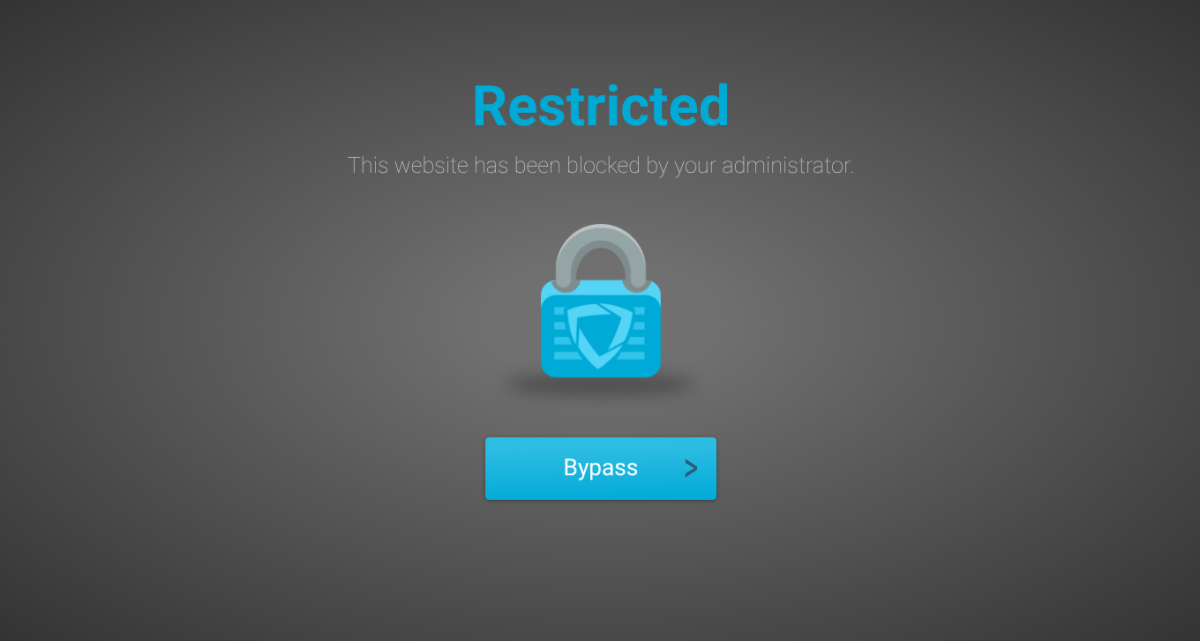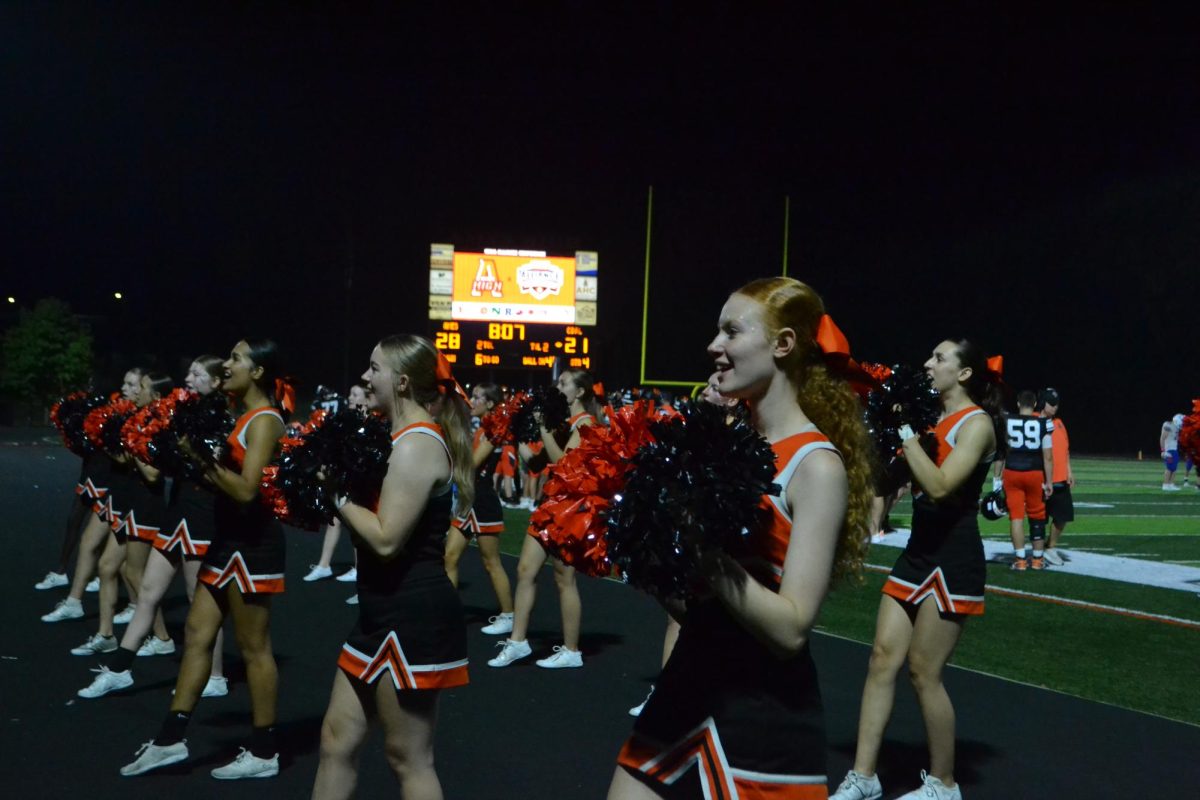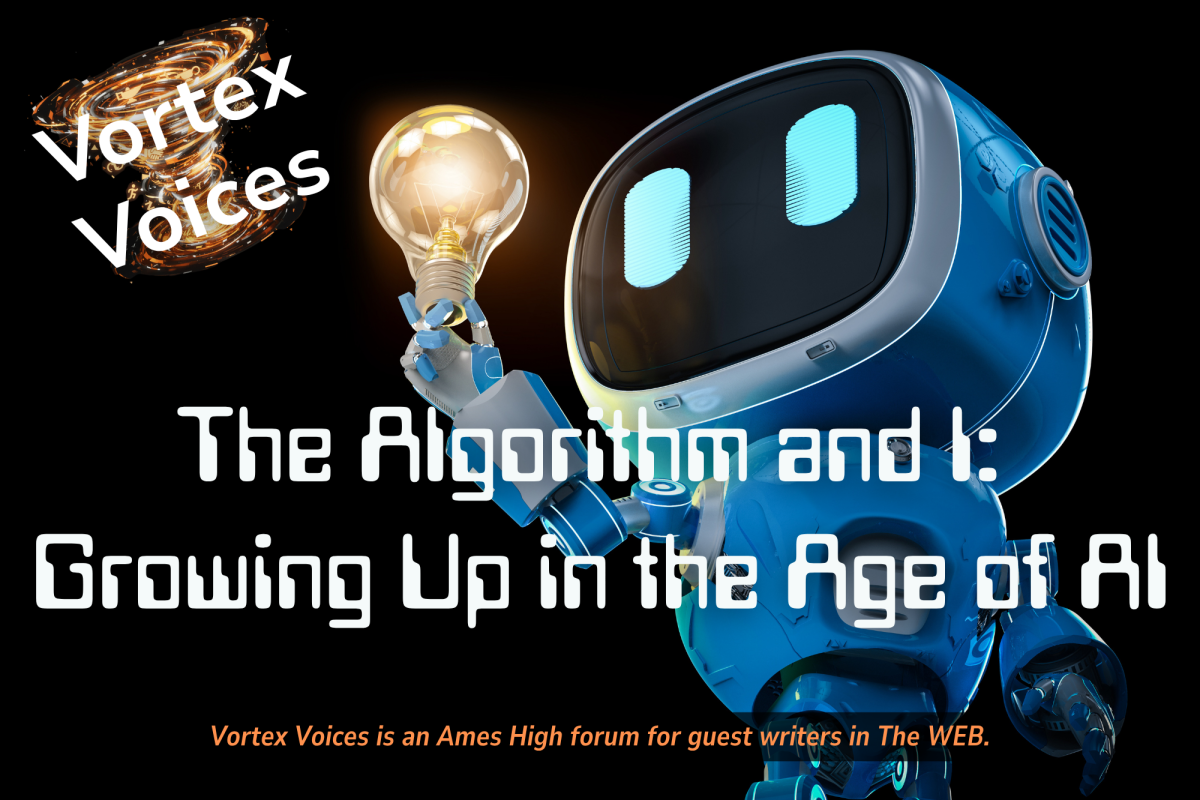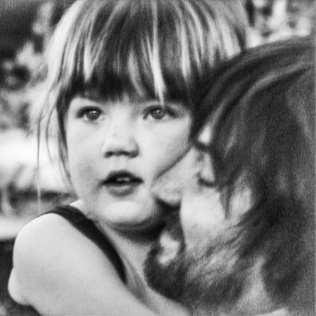AI is no longer a dystopian concept from science fiction novels in elementary school. For my generation, it’s a living reality.
This summer, I spoke with a web designer from The Washington Post who admitted she worried AI could now do her job. Our conversation made me wonder: What does AI mean for my future? The integration of AI into daily life fundamentally undermines the creative processes of artists, eroding the authenticity of individual expression and leading to a societal devaluation of traditional artistic identity in a technologically driven world.
One of the most pressing questions is whether artistry remains “human” when AI can generate pieces in seconds. The New York Times reports that as AI art tools can increasingly perform traditional practices, many artists are questioning their persistence and motivation. When creation is reduced to a single command, the detailed process of art seems to defy its own meaning.
AI also raises urgent ethical concerns. As The New York Times reports, an AI-generated picture once won an art prize, leaving human artists feeling disregarded and unrecognized. The increase of AI makes us question whether recognition is now awarded to genuine effort or algorithms. What becomes of art when creation is reduced to a single command?
But creation isn’t the only concern—it’s also credit. PBS NewsHour highlights how visual artists are fighting AI companies for repurposing their work in AI learning models without permission. This has sparked multiple protests and lawsuits. Yet this conflict reflects a much deeper issue: AI is shifting economic power away from creators into the hands of corporations that control the technology. Creations of artists are now being exploited against them.
I believe—stubbornly and hopefully—that a bot will never create what humans create. AI can copy our words, copy our images, copy our voices, but it cannot copy our lived experiences and connections. That difference matters. And yet, belief in human uniqueness is not enough in today’s age.
AI offers endless information but strips away all meaning. In this age, growing up with AI requires protecting our creative rights, demanding ethical use, and valuing the process of creation even when shortcuts exist. I urge you to reflect on who you are and what you create. Do not let algorithms define your voice or diminish your effort. Hold onto your identity, nurture your originality, and insist that humanity remains at the center of art and society. That is how we ensure that in an age of machines, the human voice still speaks the loudest.



















